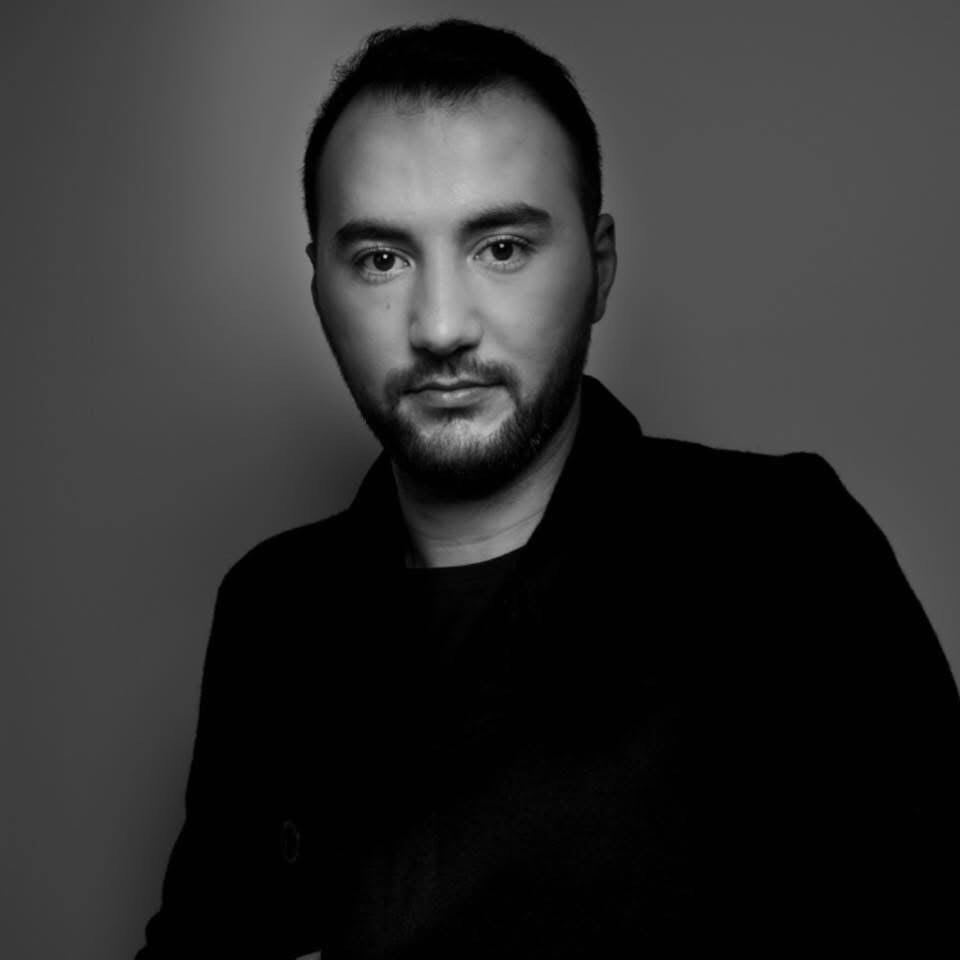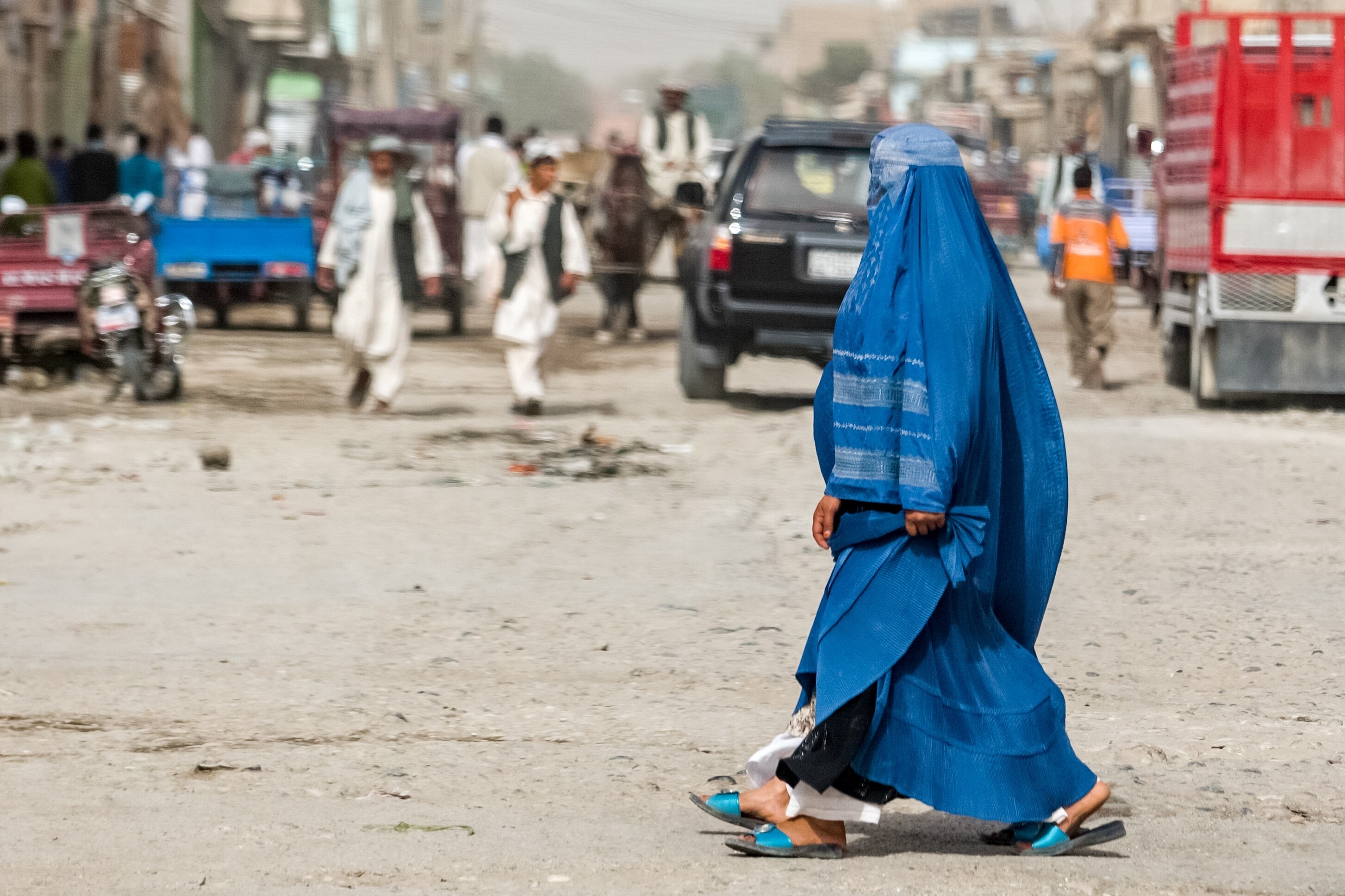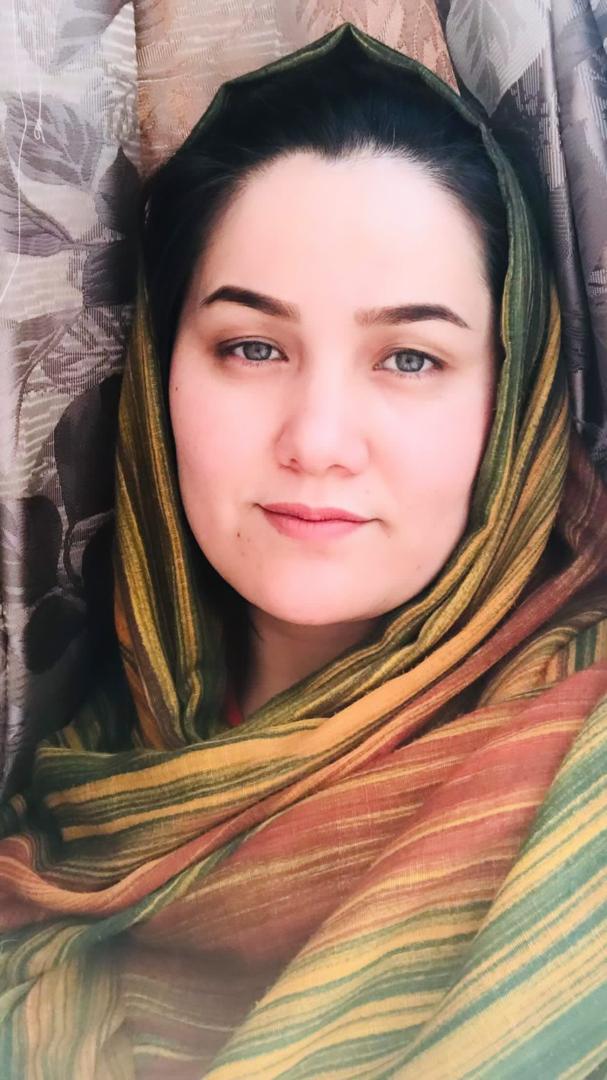Despite ongoing repression under Israeli occupation, Palestinian journalist Lama Ghosheh continues her work with unwavering resolve, documenting the lived realities of her people. Her story is one of resistance, family, and the high cost of speaking truth in the face of systemic silencing.
I did not allow my oppressors to turn me into an empty shell of myself. I fought them with awareness.
RAMALLAH — When I meet 30-year-old Lama Ghosheh in Ramallah at the end of March, it’s the first time in over a month she’s seen her family. Although she lives just an hour and a half away in Al-Quds (Jerusalem), Israel’s escalating restrictions on Palestinian movement make such visits and travel between the cities almost impossible.
Her family is gathered in a warm, familiar scene—sitting on the sofa, sipping tea, and sharing sweets after breaking the fast during Ramadan. But even during these rare, intimate moments, Ghosheh steps away briefly to take a work call. Despite the ongoing threats and repression she faces for her journalism, she refuses to stop reporting.
When she returns, we begin talking about the Western media coverage of the ongoing genocide. She speaks with measured urgency:
“The Western media industry has fallen—they have failed Palestine. What we need now is ethnographic journalism. Journalists need to be on the ground to explain what is actually happening—not just report from a top-down perspective.”
Although Ghosheh is widely recognised as a prominent Palestinian journalist, she prefers to introduce herself first as a human being, as a mother of two, and then as a journalist from occupied Al-Quds.
She highlights the importance of journalists being present, of actually experiencing and seeing the reality Palestinians are living.
Since October 7, 2023, over 203 Palestinian journalists have been killed in Gaza by Israeli forces. In the West Bank, the threat is constant: checkpoints, detentions, and physical assaults aimed at silencing the press.
According to Reporters Without Borders, attacks on journalists in the West Bank and Al Quds have surged in recent months.
Frequent closing of checkpoints and restrictions of movement prevent journalists from covering the crimes of the occupation forces on the ground. 17 journalists in the West Bank have been unlawfully detained for their journalism since October 7th 2023, and they remain in detention. Despite the continued effort of the Israeli occupation to silence Ghosheh, she remains determined to report on Palestine.
Collective Punishment of Palestinians
Ghosheh describes the drastic changes that have happened since October 7th 2023, when Israel's genocidal onslaught on Gaza began. Before, her sister, who lives in Ramallah, could apply for permission from the occupation to visit her a couple of times a year in Al Quds. Her sister’s children could not come because they have the West Bank ID.
Palestinians in the West Bank and Gaza have green ID cards, while in East Jerusalem and the areas that were occupied by Israel in 1948, they have blue IDs. These cards impact every aspect of movement and disunity in Palestine.
Ghosheh says that it is part of the collective punishment of Palestinians: the occupation is trying to make all details of their lives harder.
“Now, we are at the end of Ramadan, and it is the first time our family is gathered. We are not always able to gather. Do you understand how deep the repression goes? It digs into all social settings, also inside the Palestinian families. The question is how Palestinian families can live, and how deep the occupation manages to break in sociologically,” she said.
She says that the occupation has transformed Palestinians into being individuals rather than in groups. That is one of the goals: to separate every part of Palestinian society. Like other Arab societies, the family unit is the foundation of society, and thus such separation is key to fracturing the entire Palestinian society.
“When you become an individual instead of part of a group, it is way easier to punish you. Life has never been flourishing, but it has gotten worse since then. Everything has been uncovered: the nature of the colonialist zionist occupation is not a question of “left or right”, diplomatic or democratic, it is none of those things. The occupation is, in reality, what it has shown itself to be after October 7th”
Ghosheh highlights the repercussions of this goal to separate the family:
“You feel like you are no longer a part of the family. And you don’t always remember that it is because of the occupation, you internalise it. The occupation cracks down on families because they are the most important part of the Palestinian society: they are the foundation, it is where you get your thoughts from, who you are. Everything starts with the family,” she said.
Imprisoned for Being a Palestinian Journalist
We continue our correspondence via email, as our meeting in Ramallah happened in a hurry. I ask her about the day when the occupation arrested her – September 4, 2022.
That day the Israeli intelligence forces stormed her family’s house in the Sheikh Jarrah neighbourhood in Occupied Jerusalem. She was interrogated, strip searched, and then arrested in front of her small children.
She was then imprisoned in the Israeli Hasharon prison, which is – like all Israeli prisons – known for its inhumane conditions. According to Addameer, there are over 9900 Palestinian political detainees in the occupation’s prisons, among them 400 children.
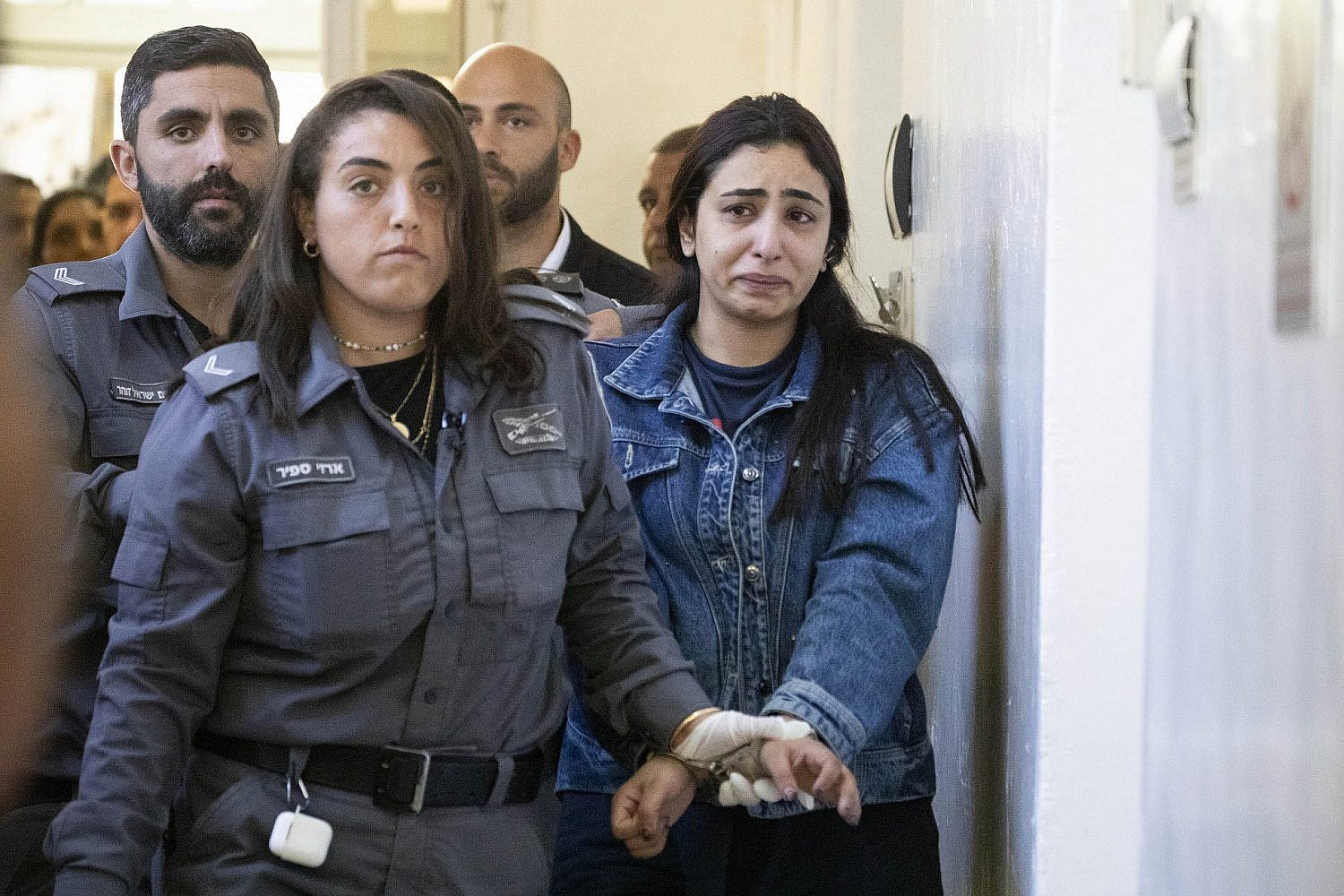
Ghosheh was placed in solitary confinement and was prevented from contacting and communicating with her family or her lawyer, both of which are basic legal rights.
She was detained under the pretext of being accused by the Israeli judiciary of incitement and identification with 'terrorist organisations' on social media platforms.
Ten days later, Ghosheh was sent to the Israeli Damon prison in northern Palestine, where female Palestinian political detainees are located. She was then informed that she would be released in return for being in house detention for ten consecutive months as well as paying a guarantee of 50,000 shekels (about 14,000 USD) in cash.
She was prohibited from leaving her family’s house, communicating with anyone outside the home and using smart devices. Her mother and father were instructed to monitor her.
“I believe that house arrest is one of the harshest colonial disciplinary punishments, because it penetrates the intimate space within the family and creates internal social conflicts between family members. It also turns all feelings of love and concern into tools of control and power,” she wrote.
She adds that she tried to liberate herself from the psychological impact of this oppression by searching for meanings of freedom in other ways:
“I read a lot, drew, played sports, strengthened my relationship with my children, and did not allow my oppressors to turn me into an empty shell of myself. I fought them with awareness.”
Punished Into Silence”: Forced Labor as a Tool of Colonial Control
Later, in July 2023, the Israeli court issued a decision ending her house arrest and imposing a penalty of compulsory labour for nine months. She will start this compulsory work in a couple of months, and she will not be paid for it. It is, of course, another form of colonial violence: enforced labour. She will work for an Israeli institution determined by Israeli intelligence.
“The decision is unfair and unjust, and I will file an appeal against this decision. It may seem outwardly simple, but it is dangerous and harsh. And of course, the place of work and the quality of work will be humiliating and degrading,” she added.
She writes that she believes the aim of this type of punishment is to control Jerusalemite women and men, to occupy their consciousness, and to make them feel humiliated and permanently dehumanised.
“I reject these kinds of sanctions in principle, because it beautifies the image of Israel internationally, but I am forced to deal with it, because I am a mother, and I am responsible for raising two children.”
Editor’s Note: This article, based on an in-person interview with journalist Lama Ghosheh, was originally published on Kollektivist.


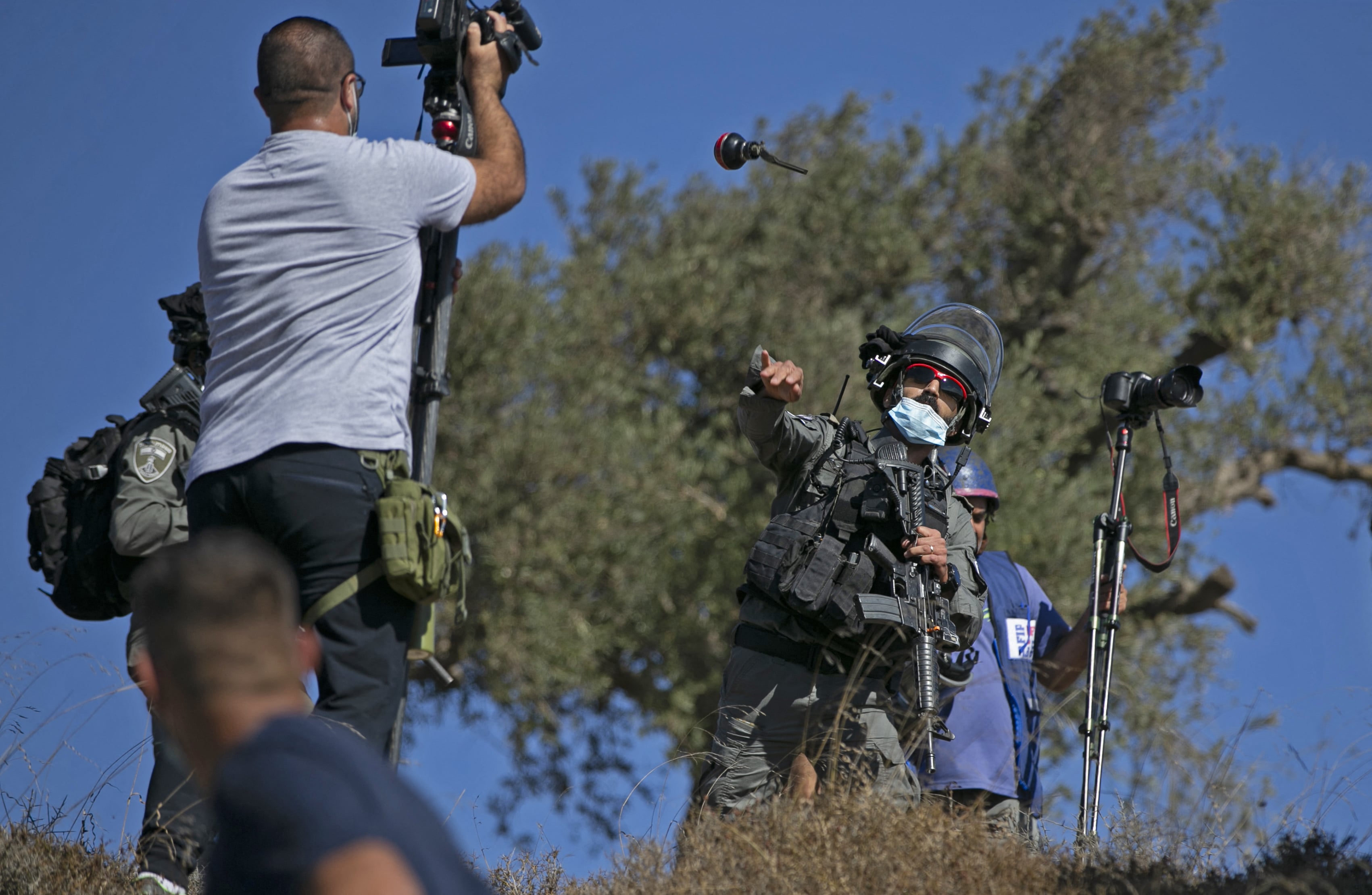
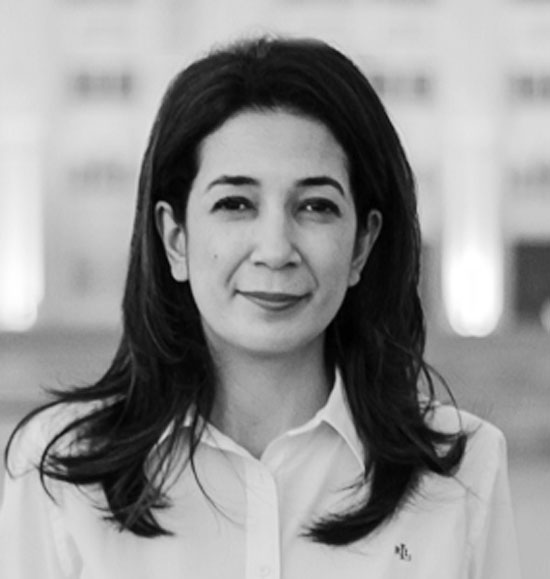
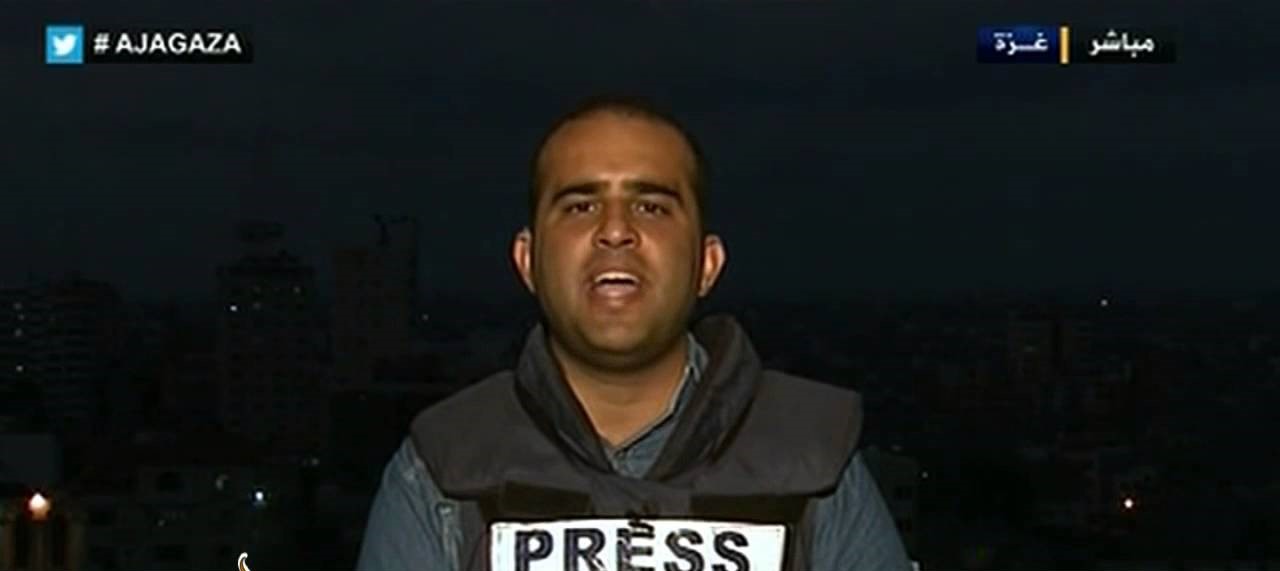
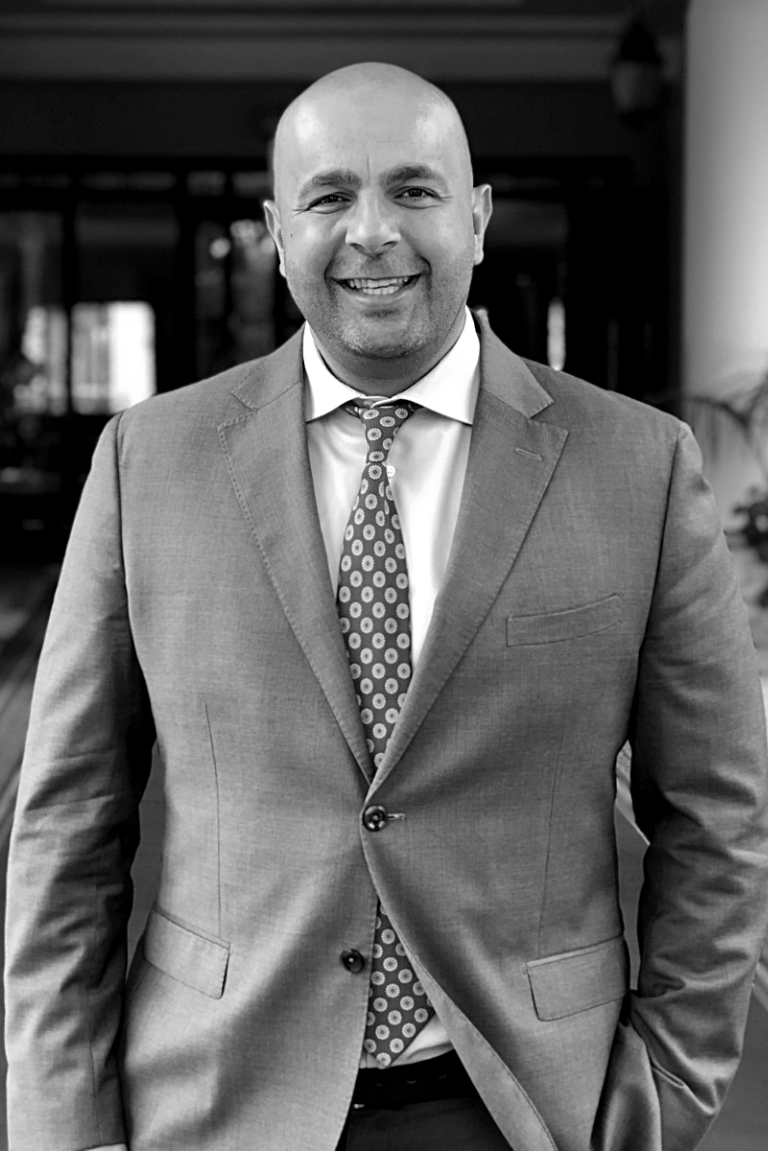
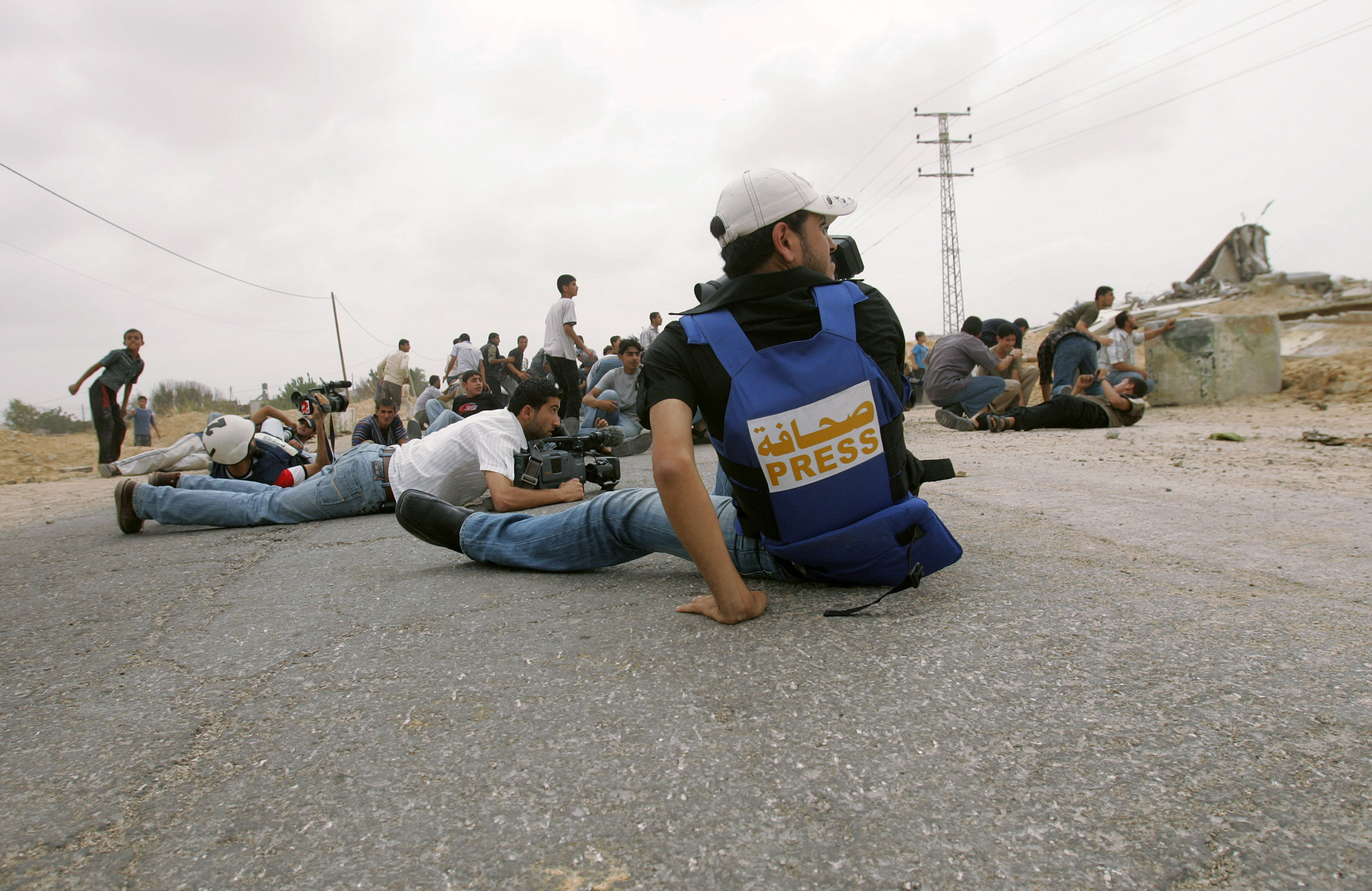
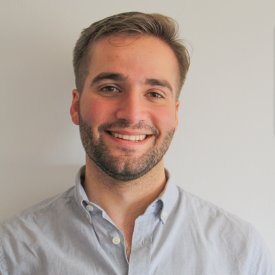
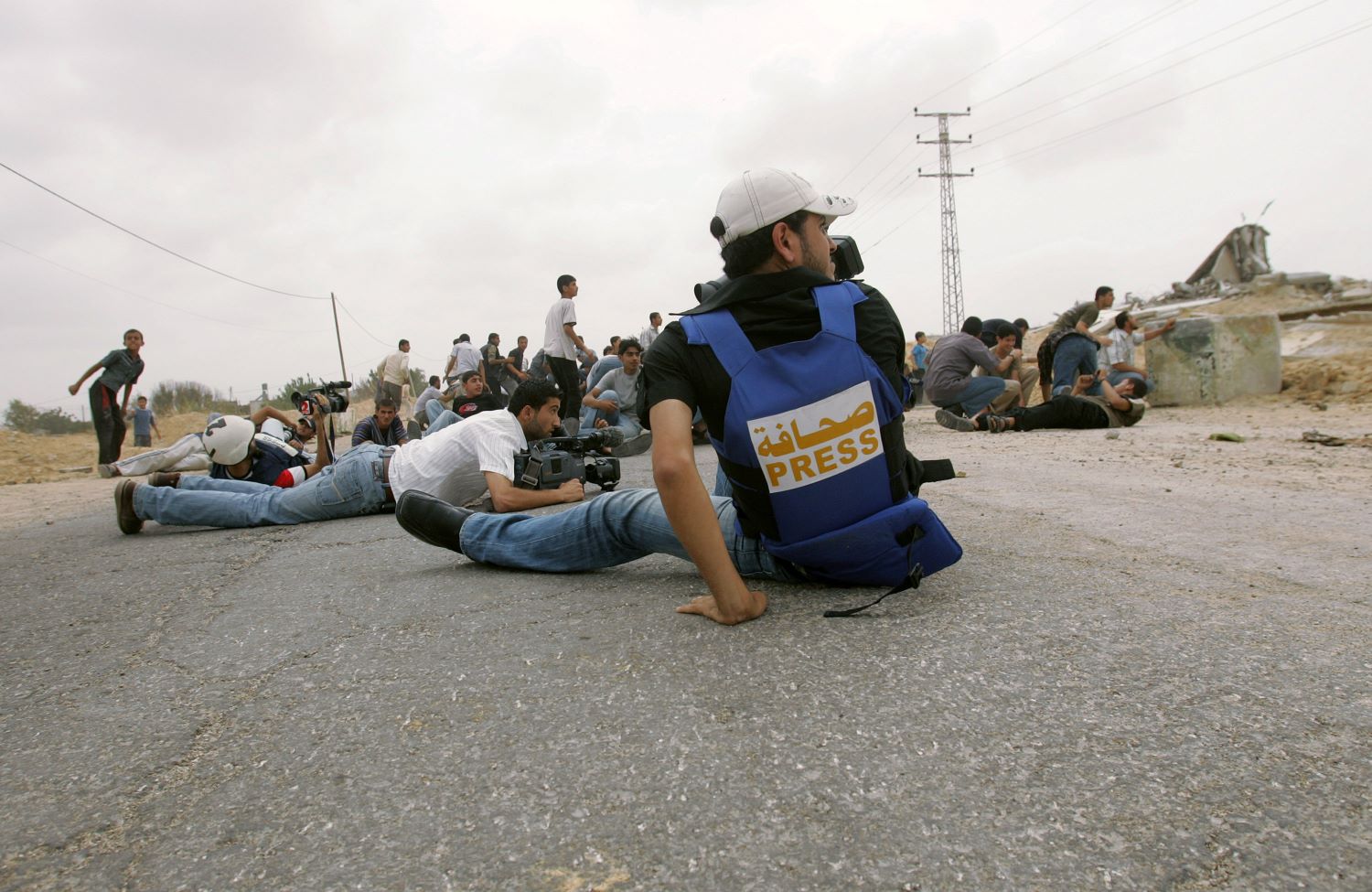
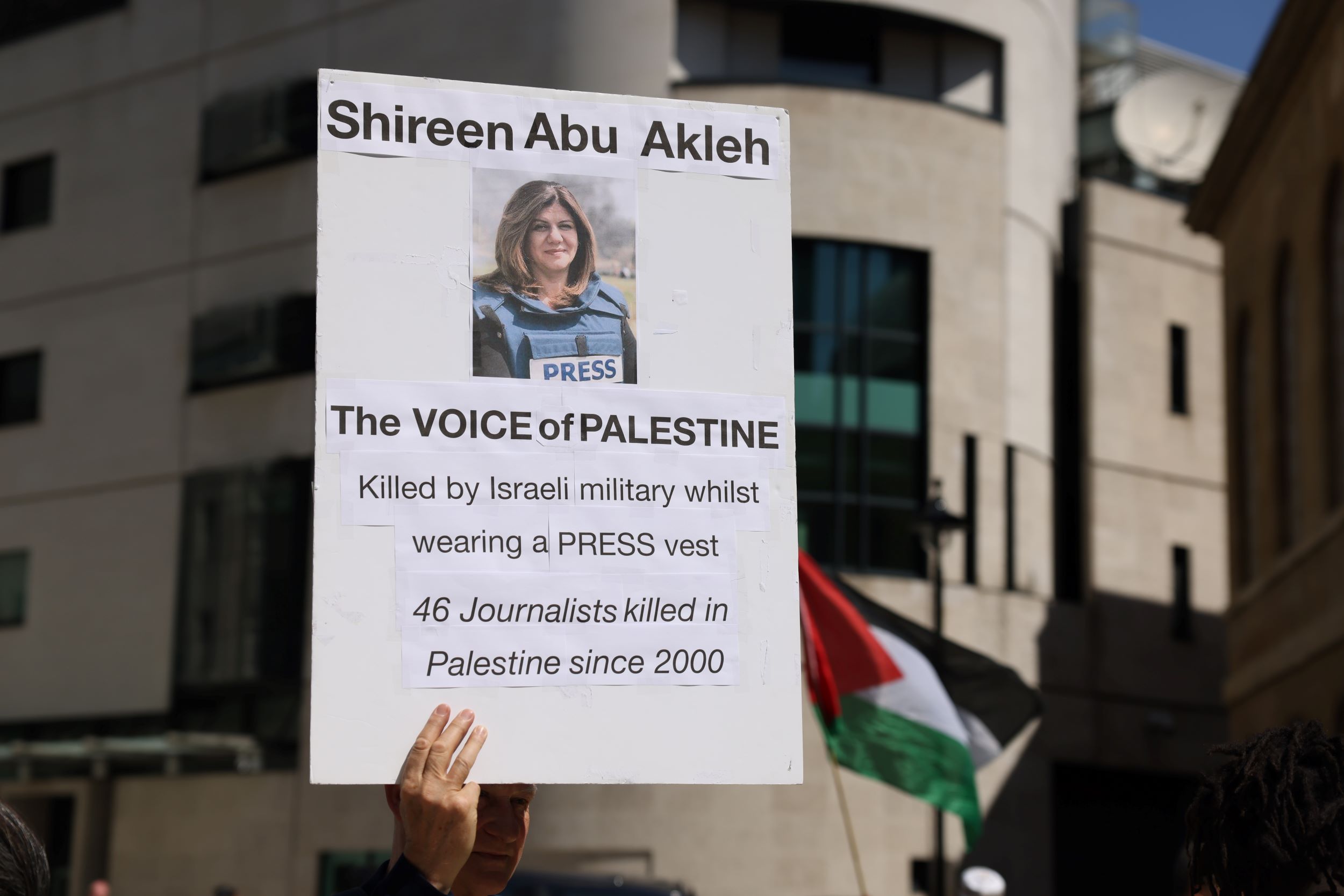
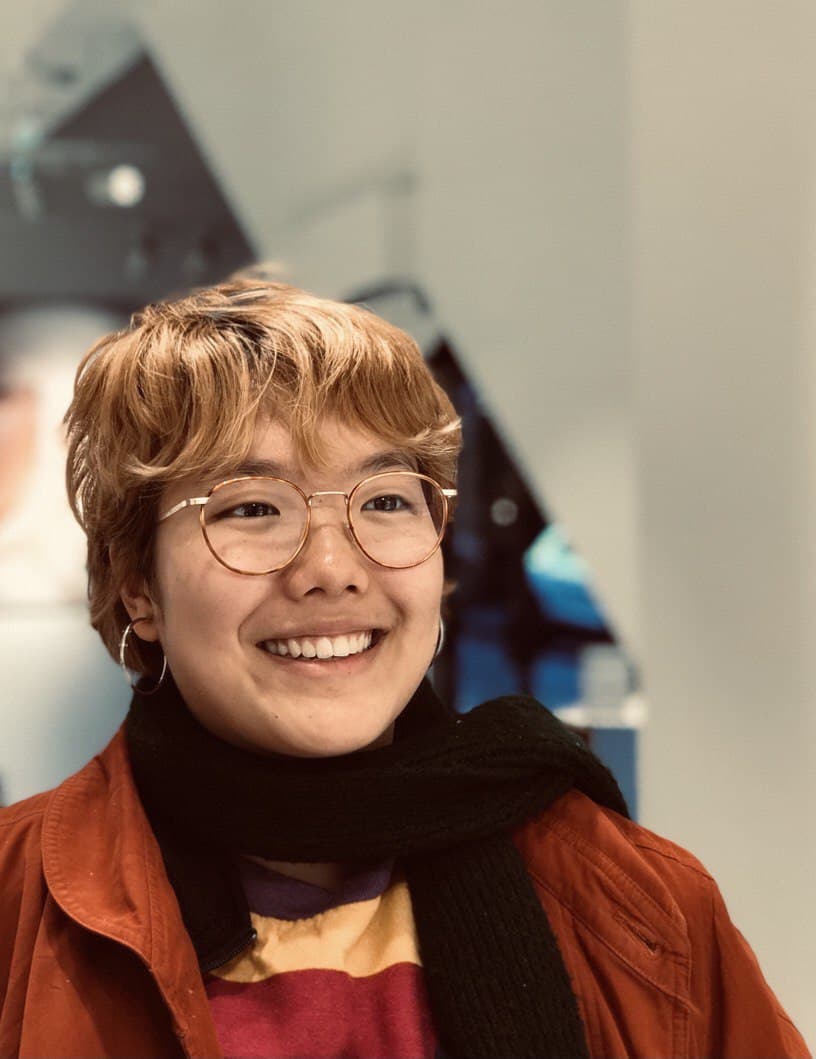
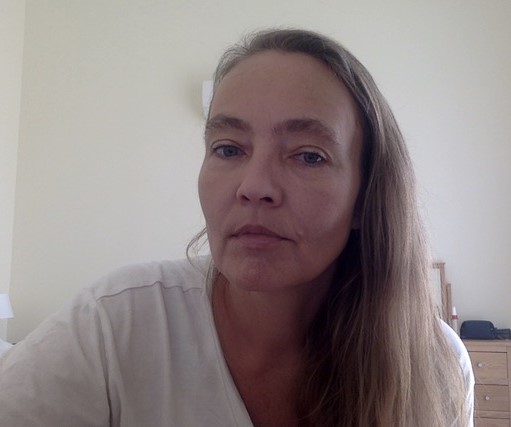







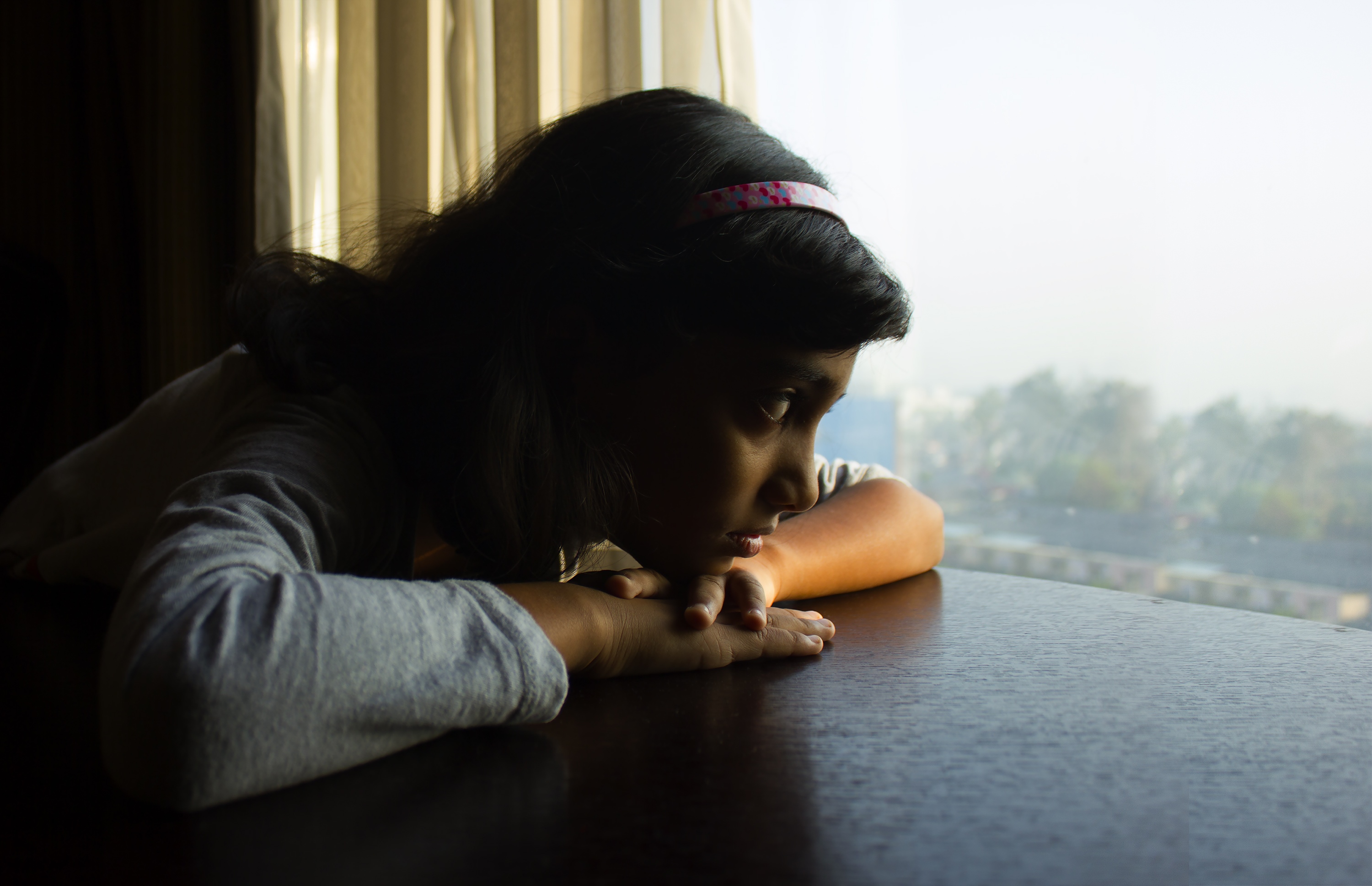



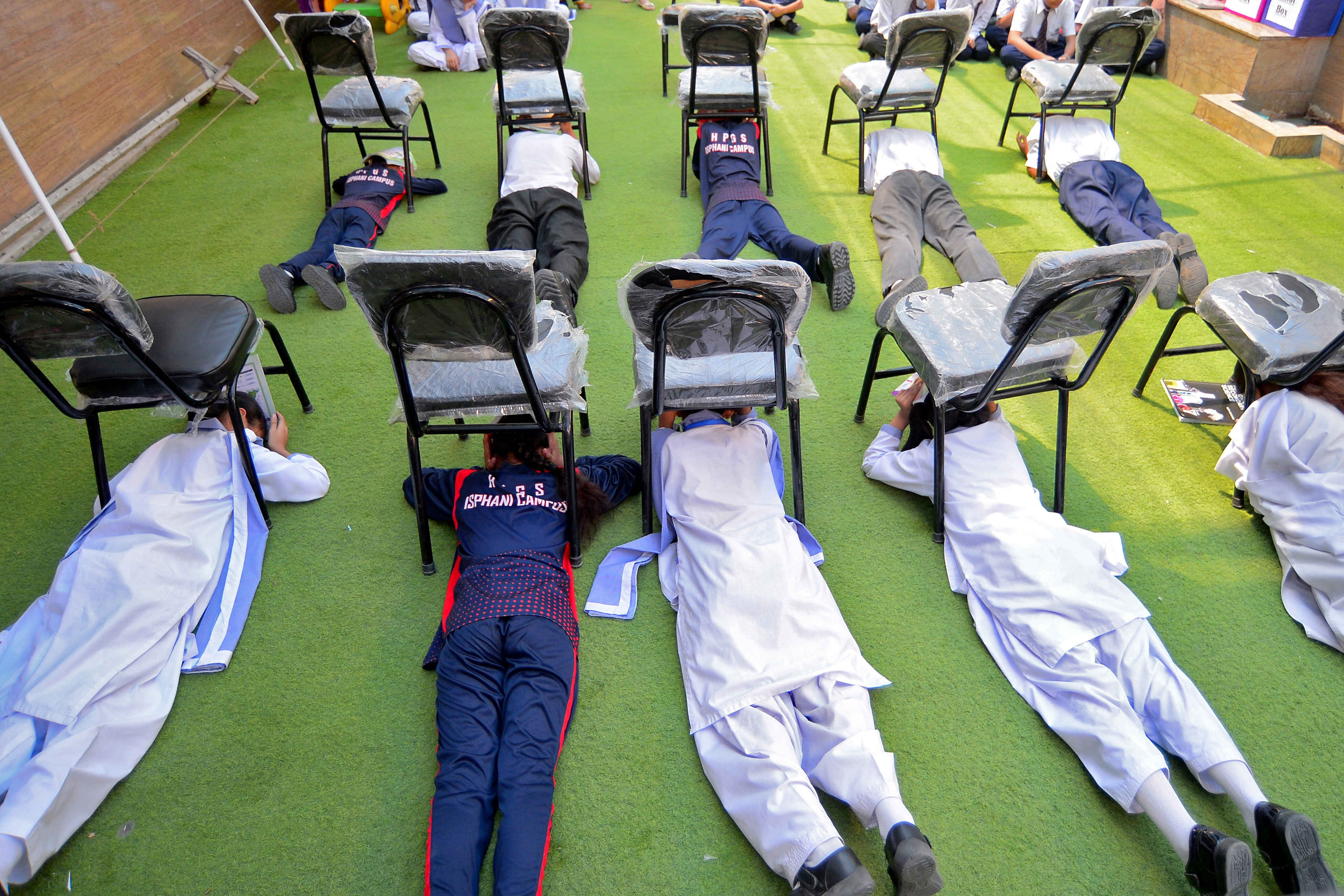
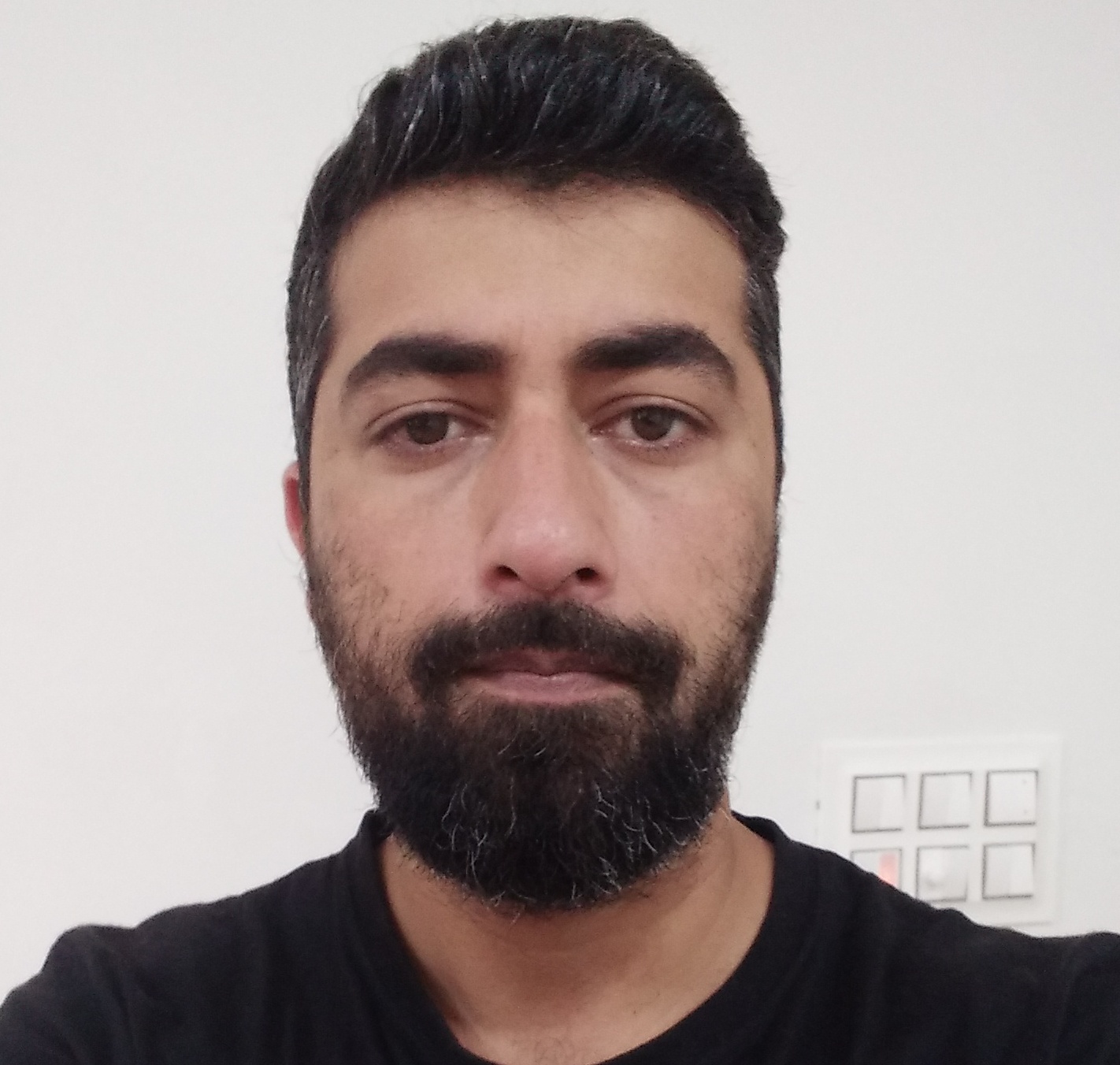
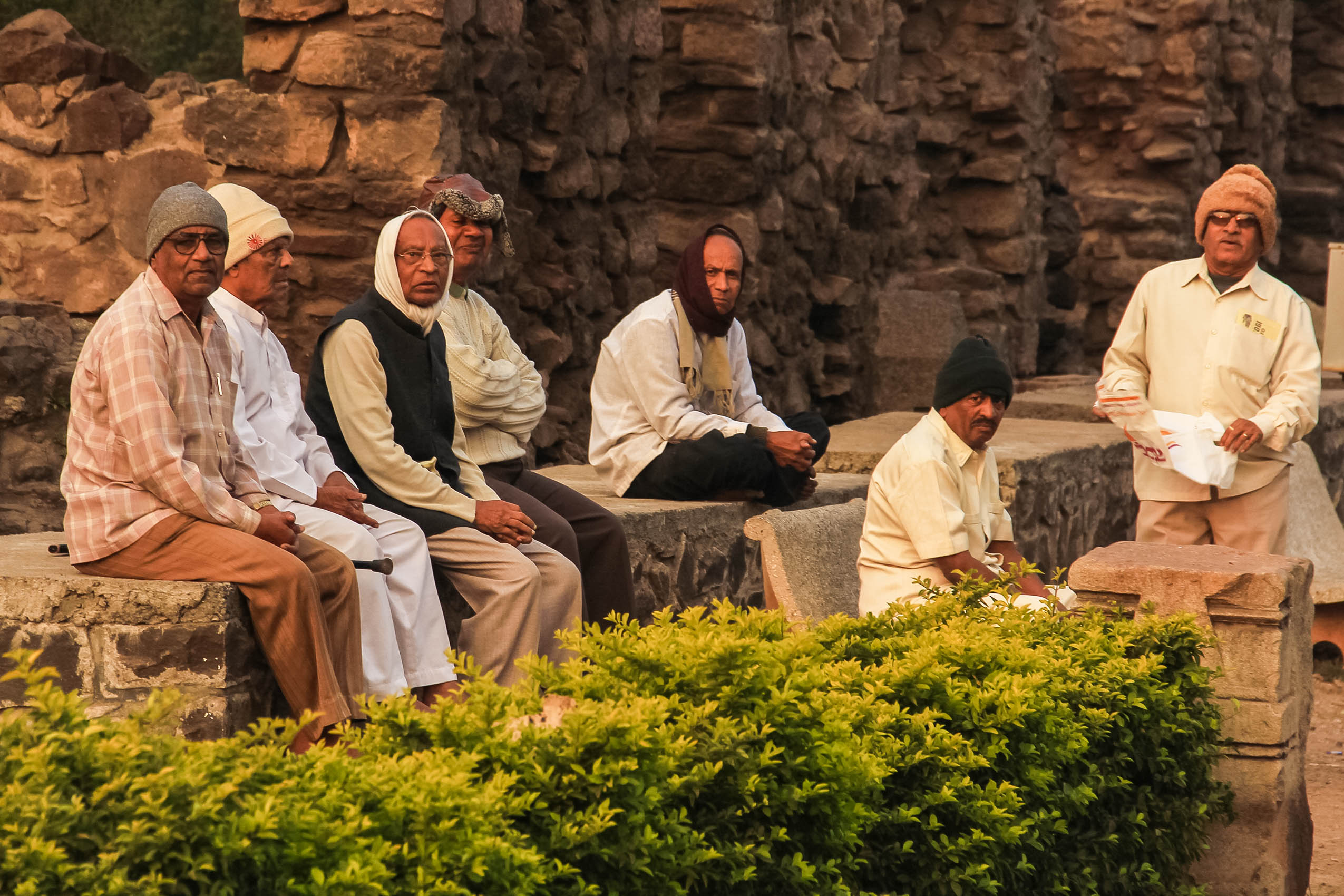
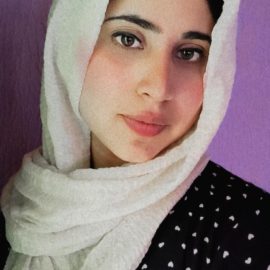


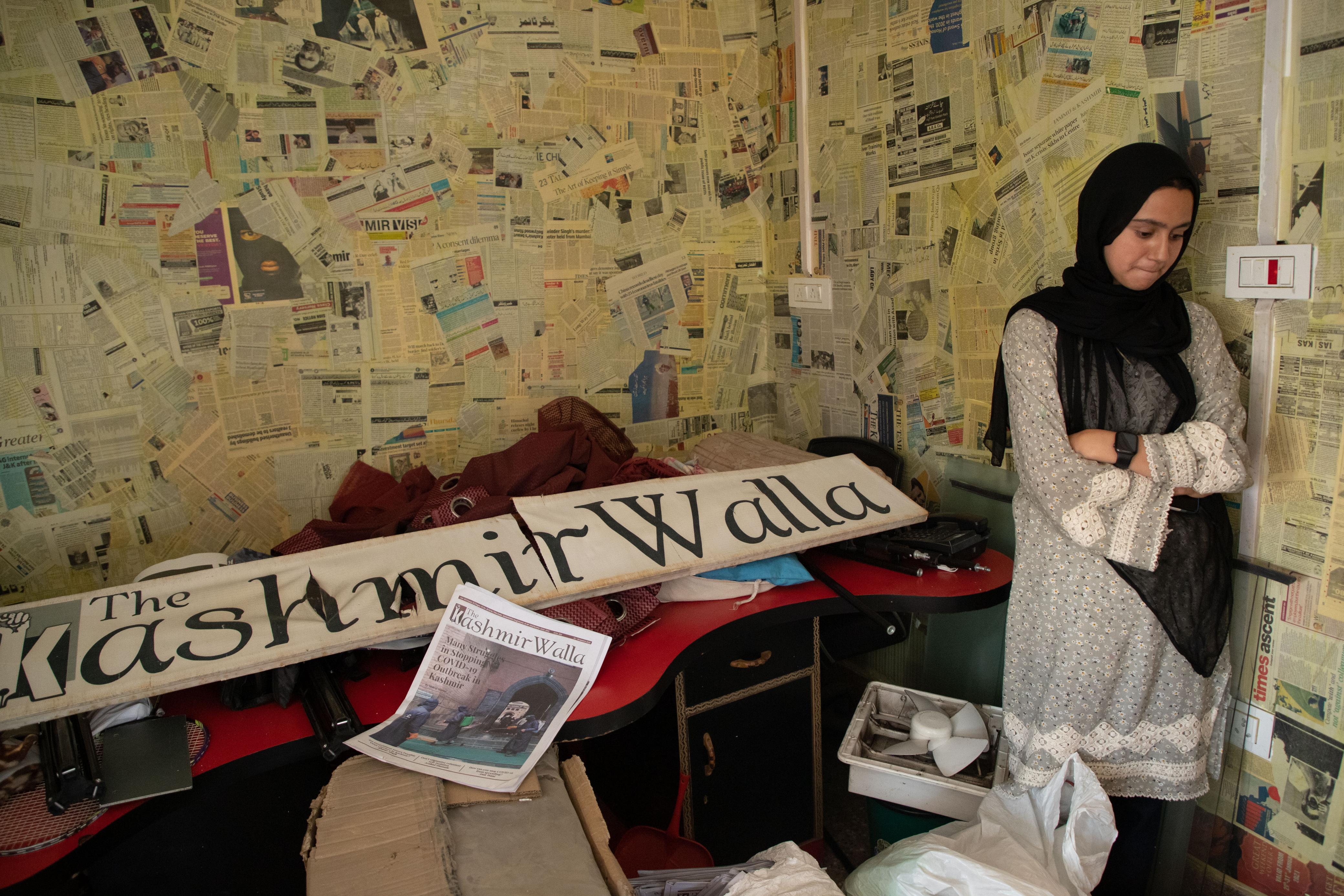

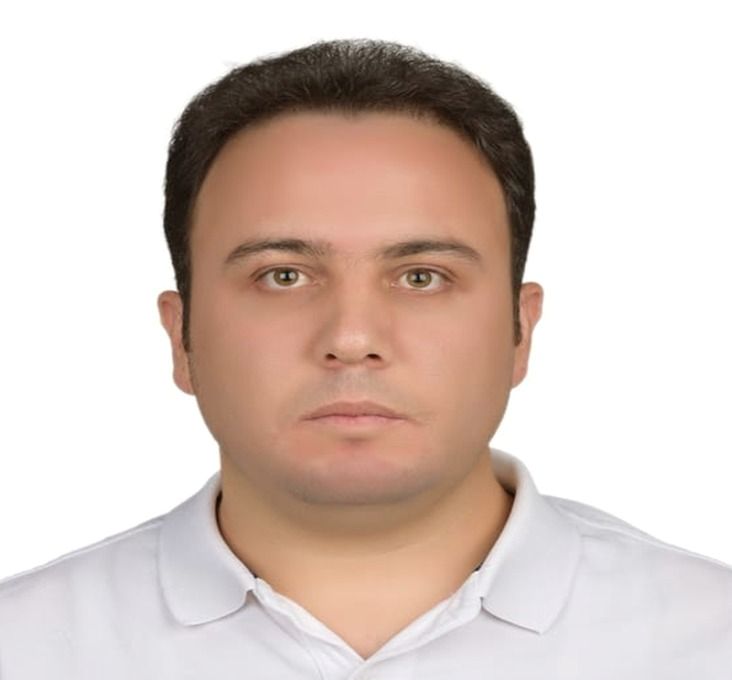


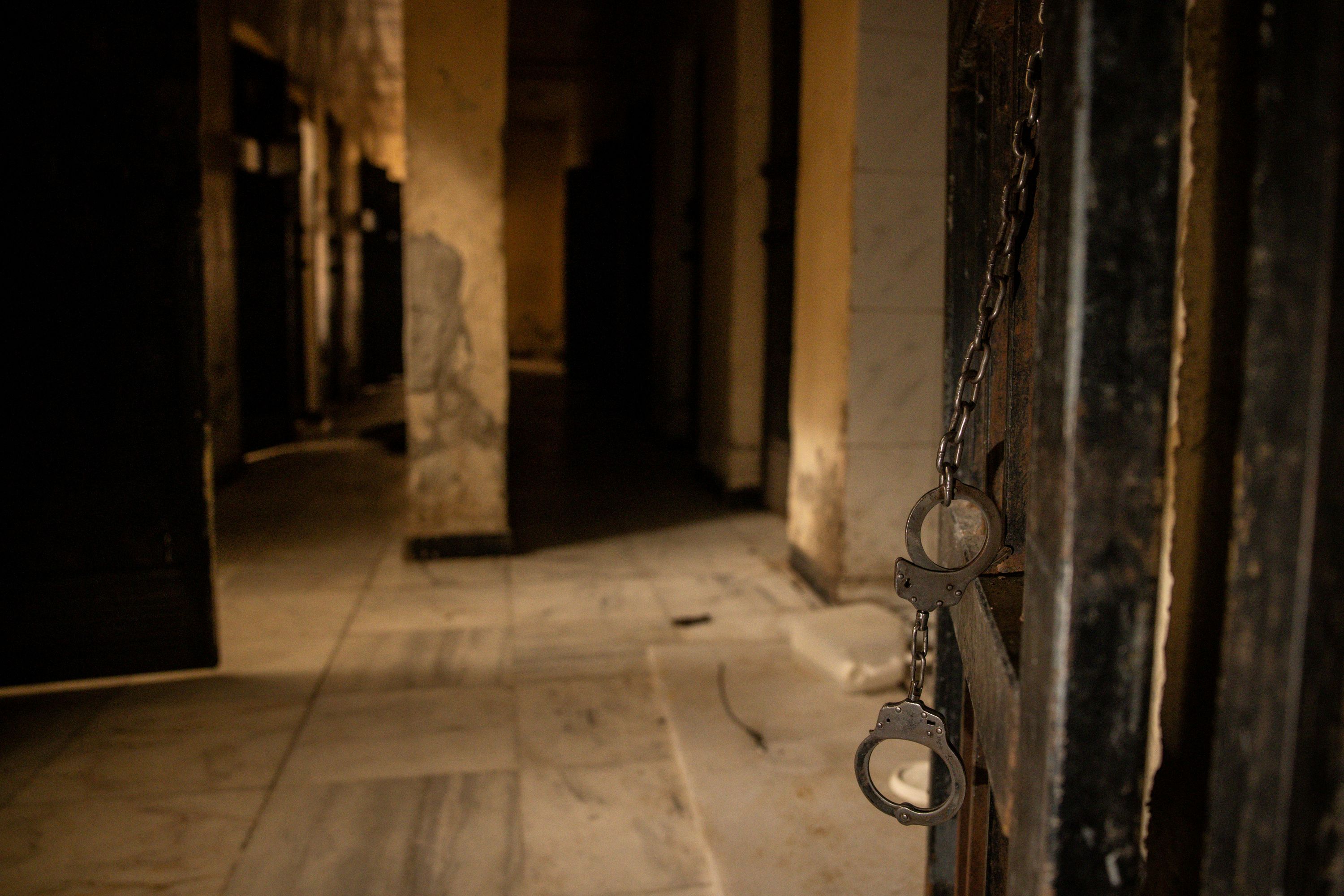
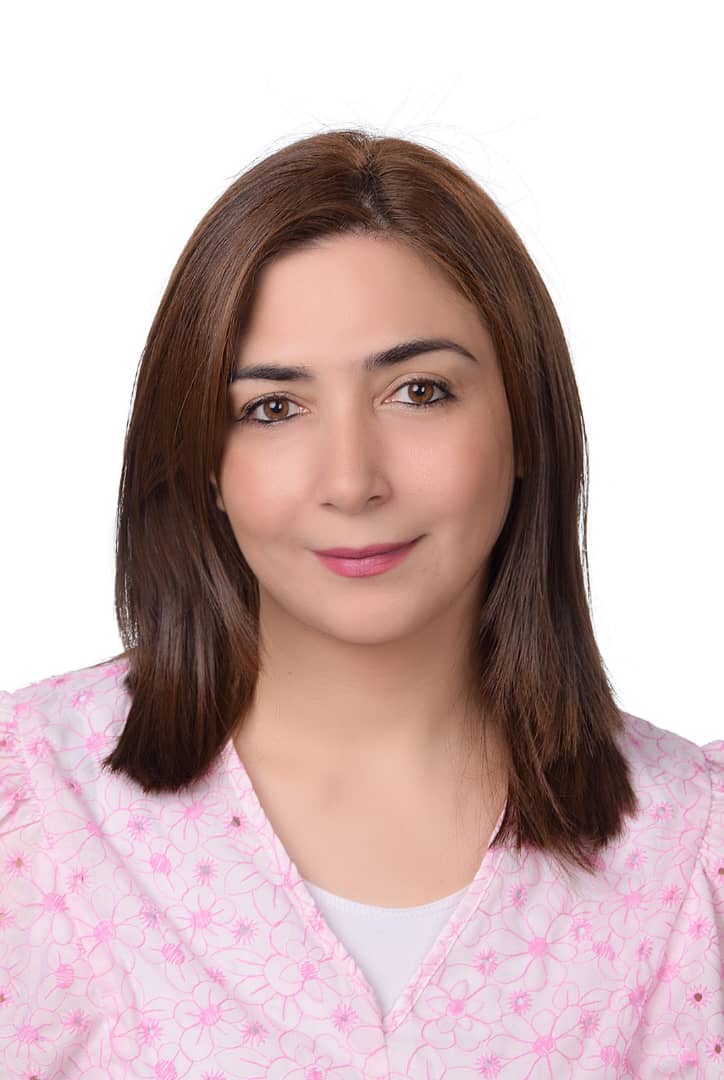
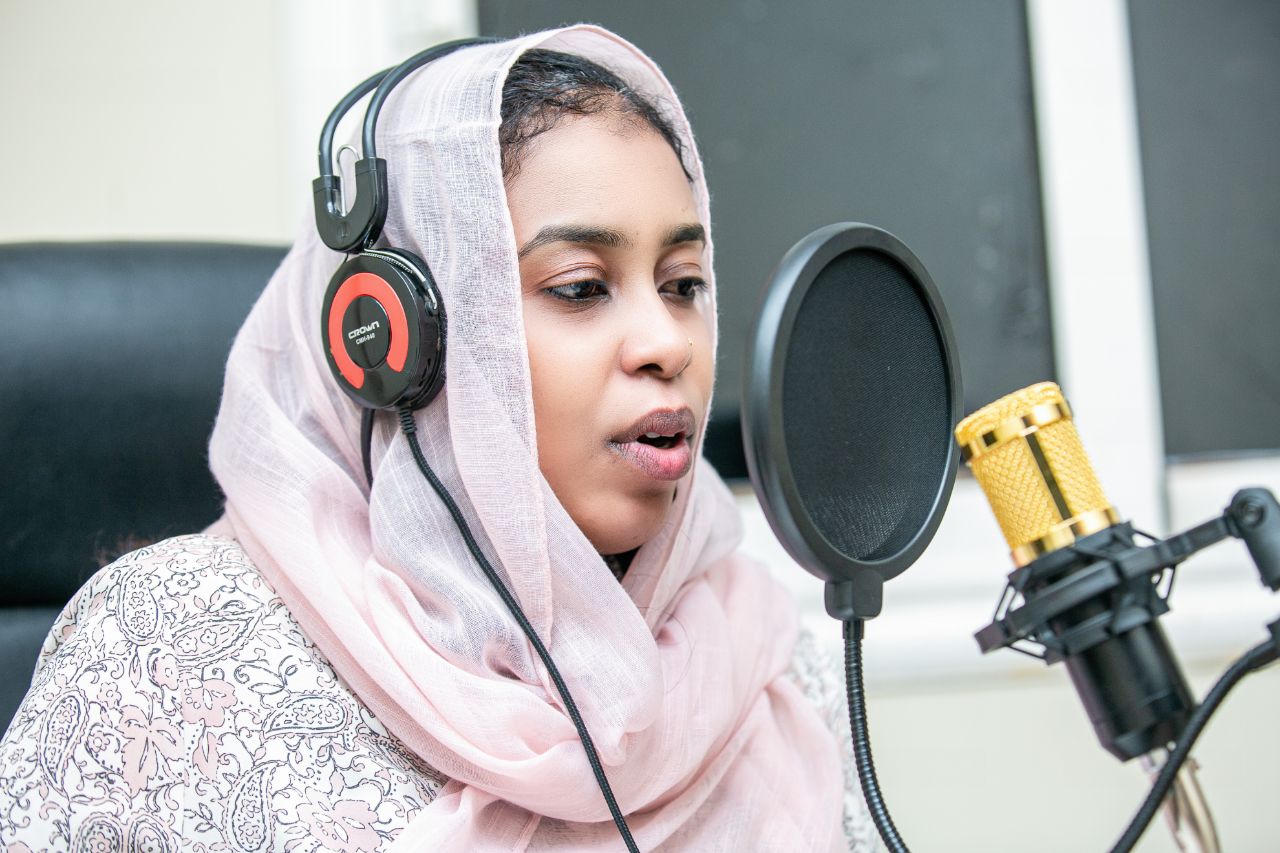
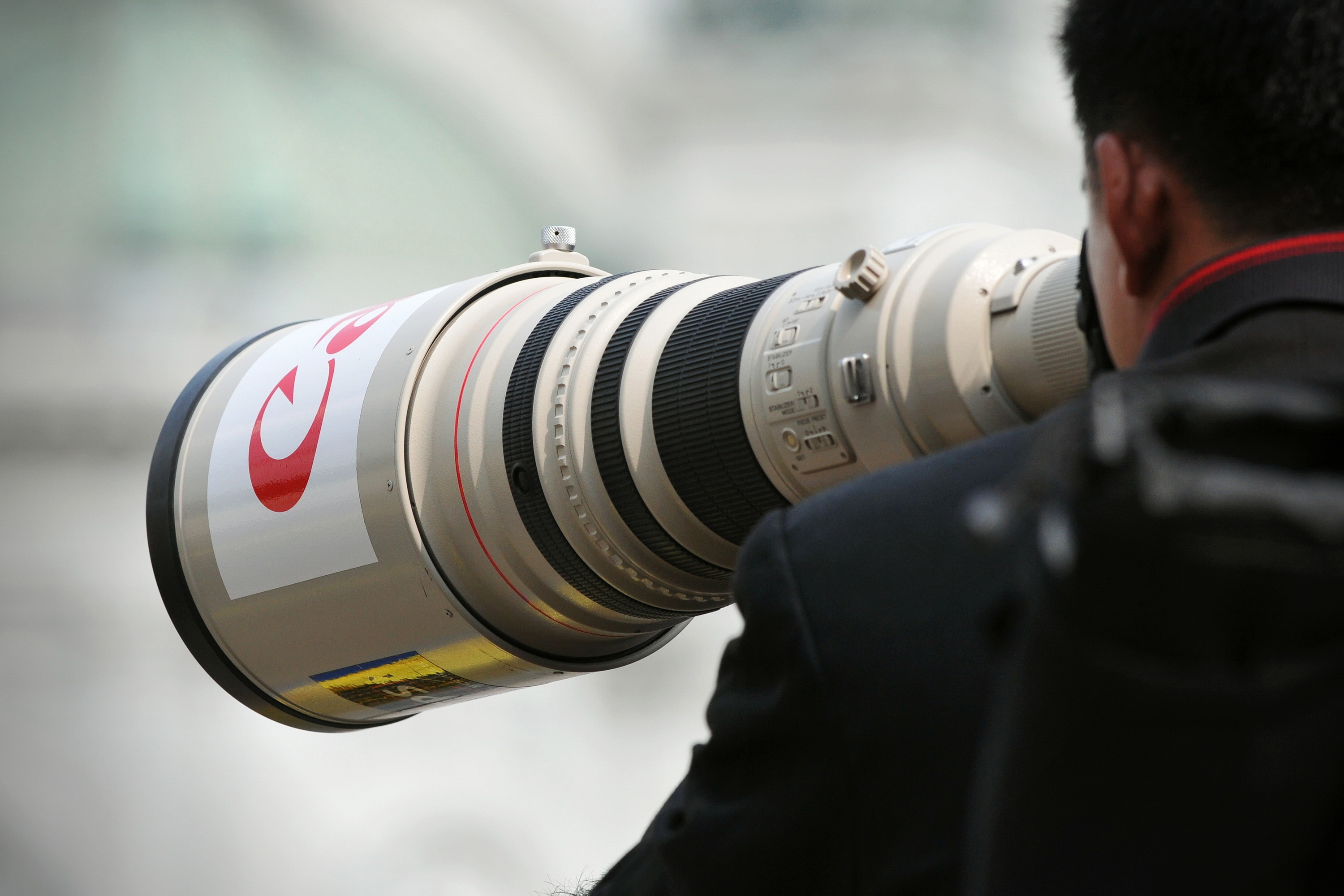

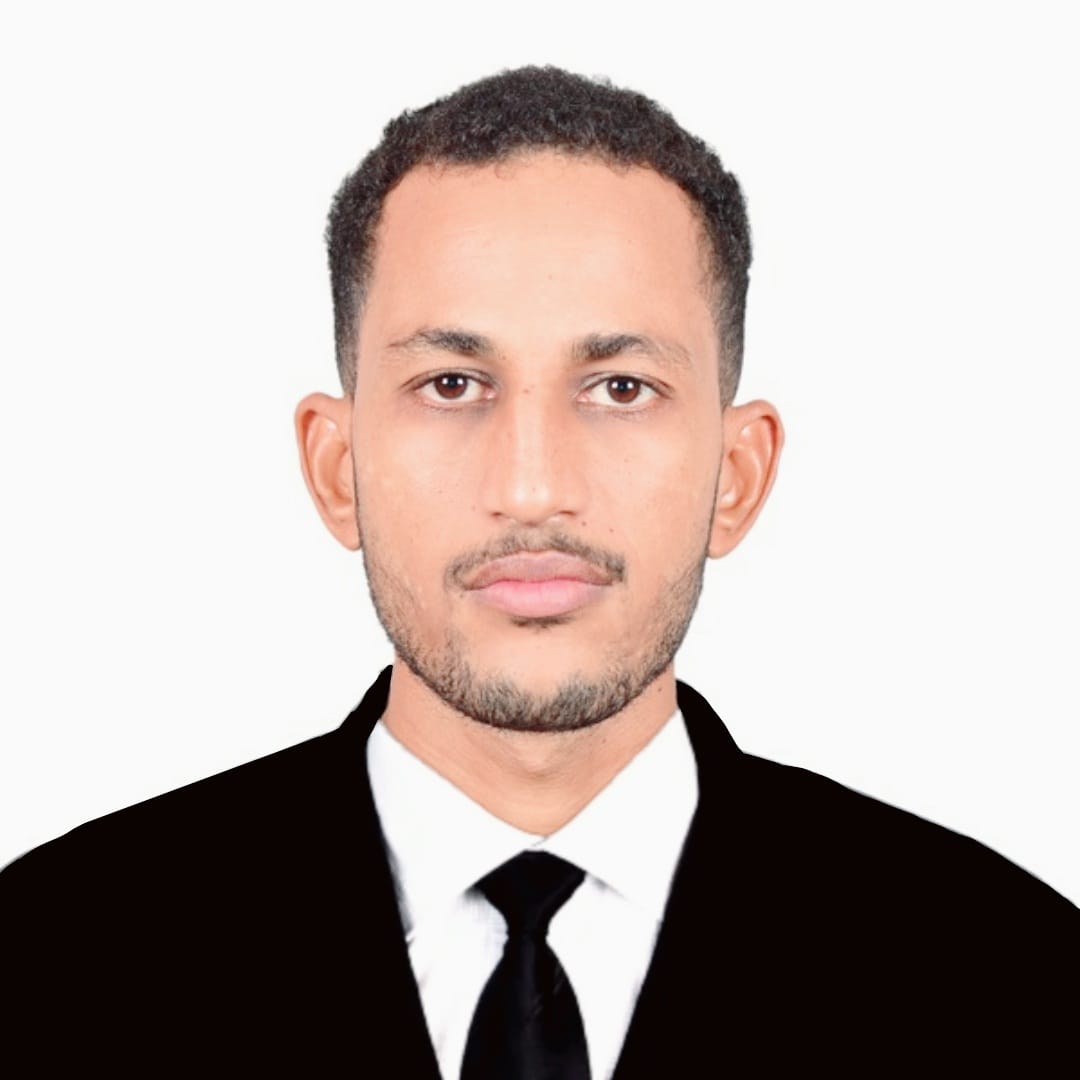
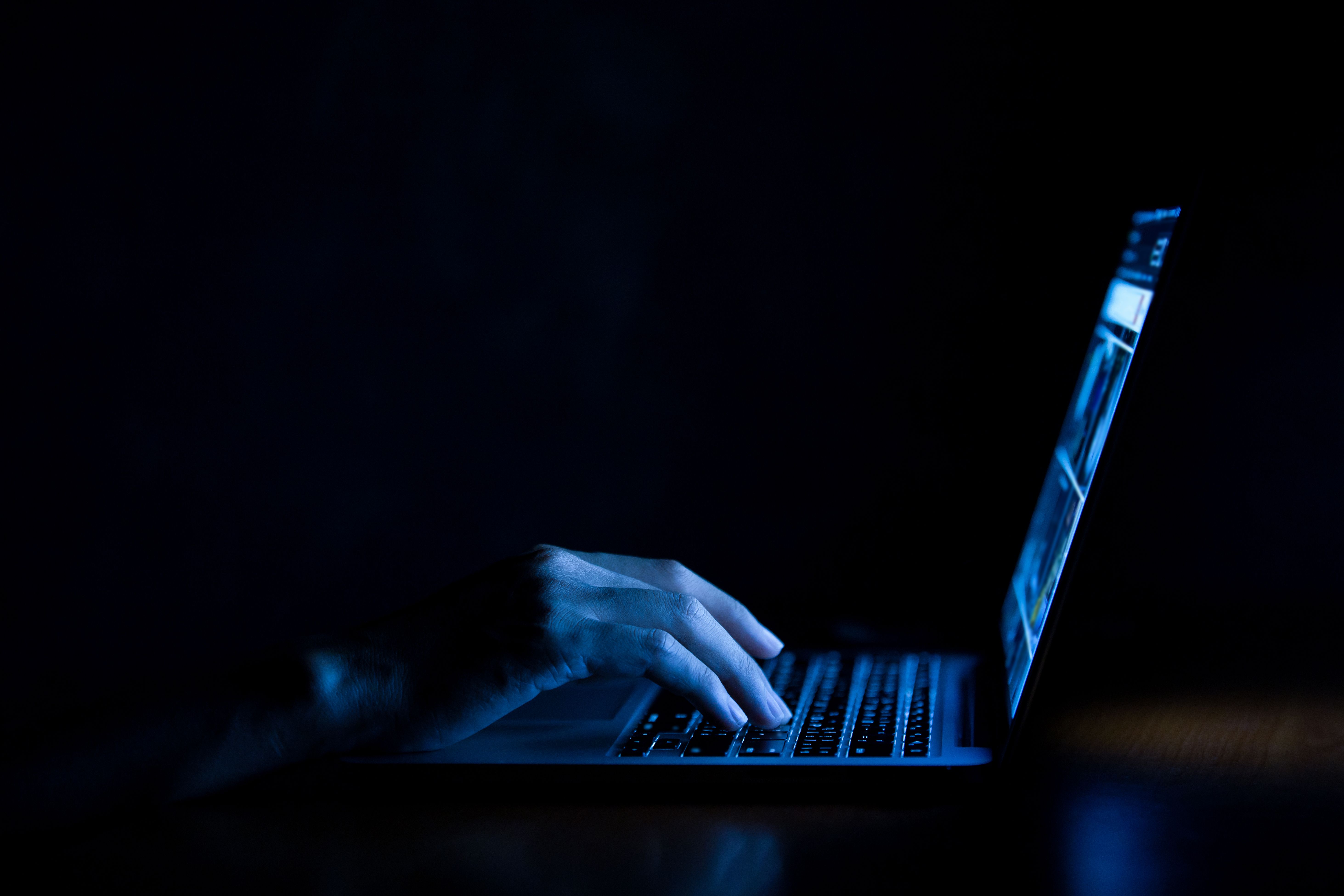

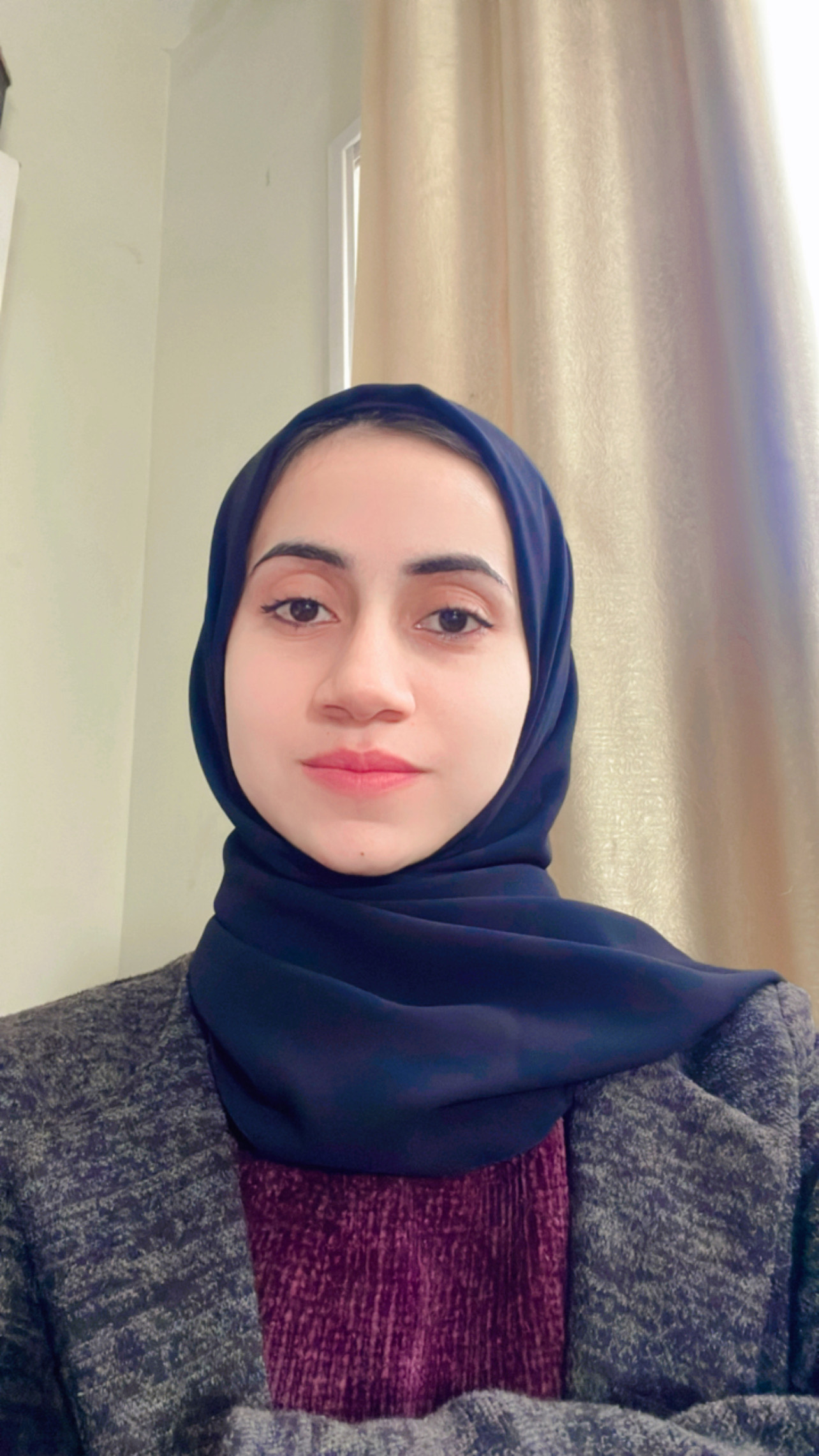
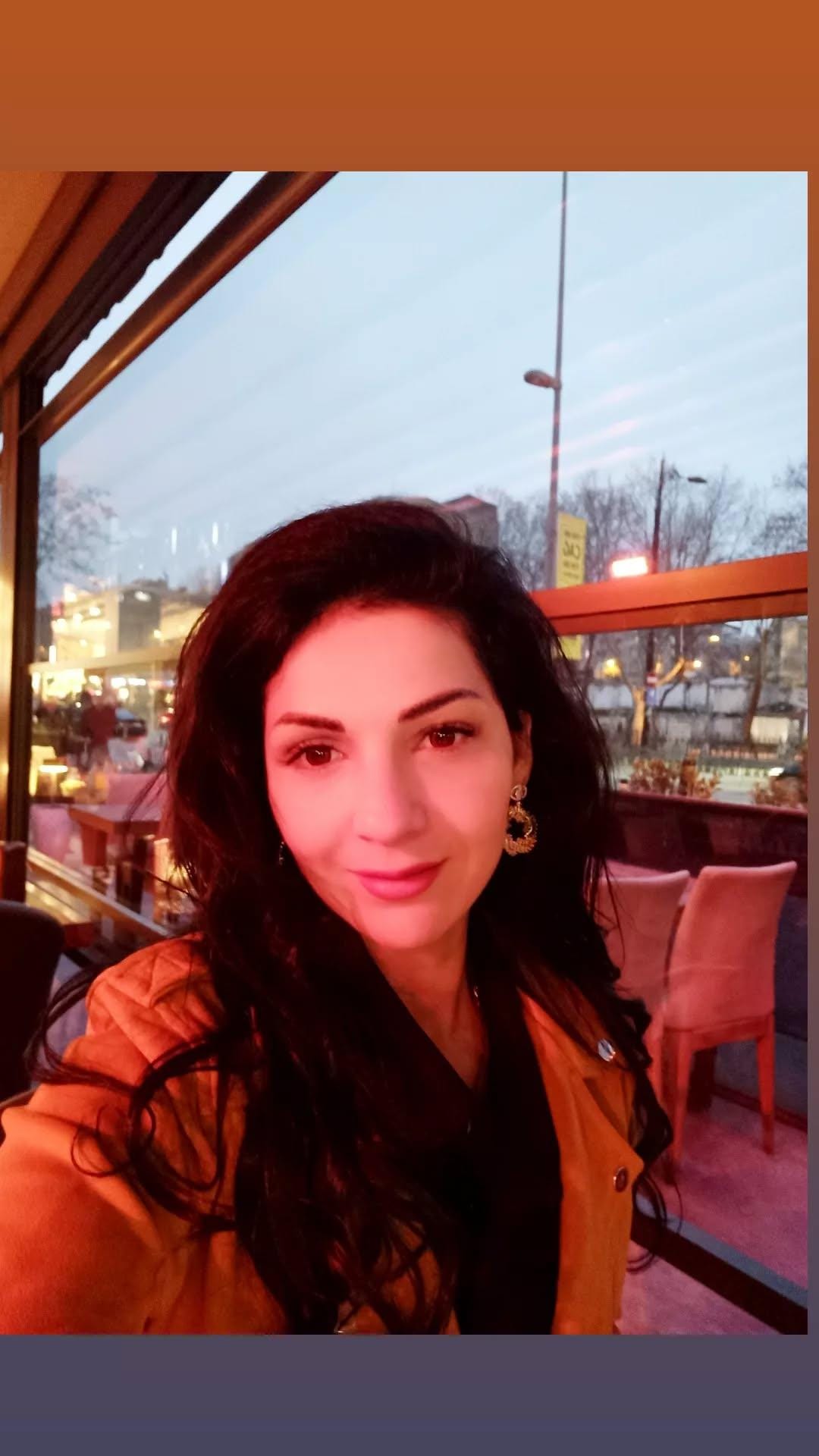
![Workers at Télam mobilise as the Argentine government plans to shut down the state news agency [SomosTelam.com.ar].](/sites/default/files/ajr/2024/Picture1_0.png)
